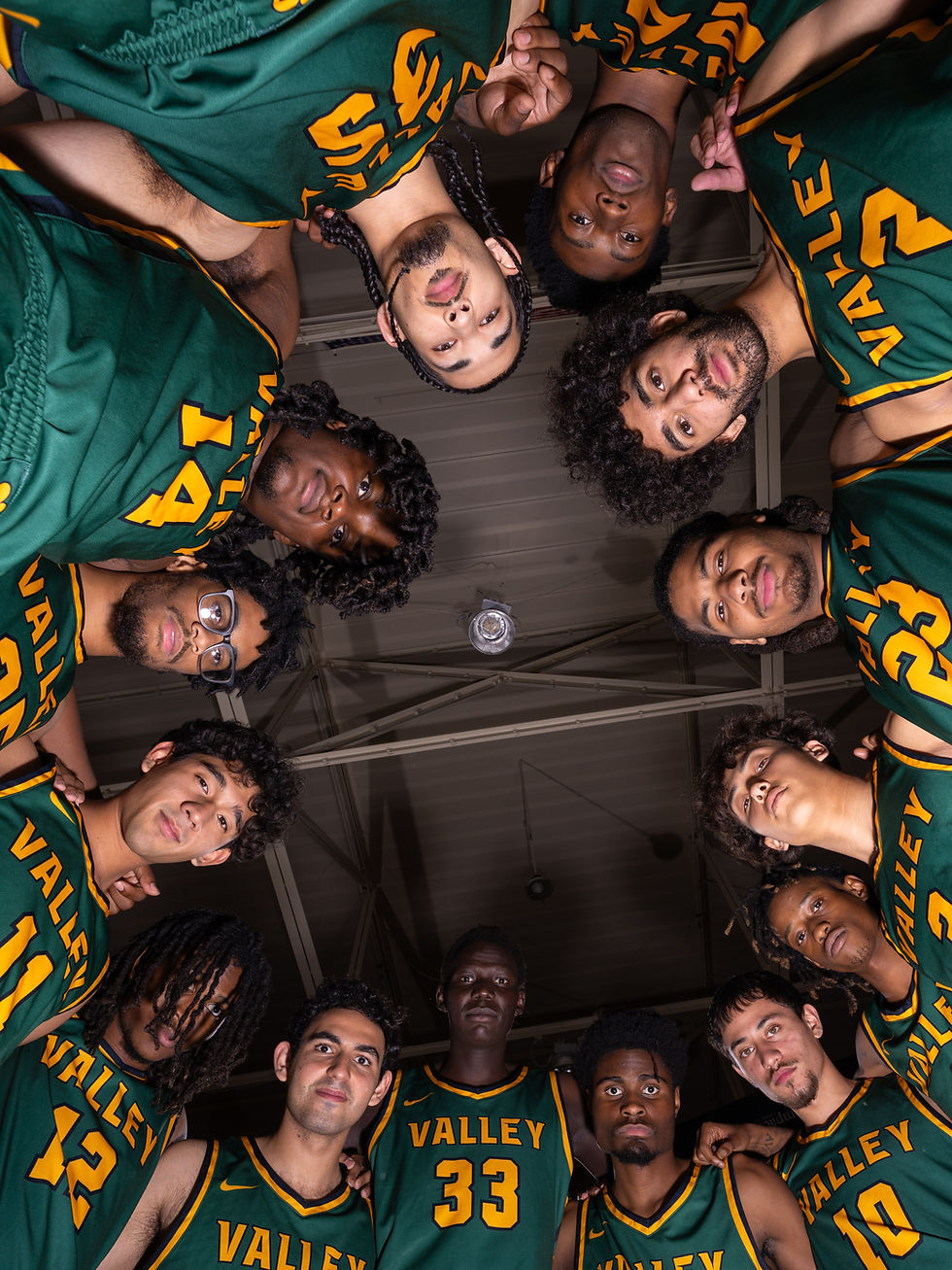Athletes convicted of domestic violence should be banned from their sport
- Edward Segal
- Jun 4, 2022
- 3 min read
Too many athletes have been allowed to continue playing their sport after incidents of domestic abuse surfaced and went to court; this has to stop.
By Edward Segal, Valley Life Editor
For far too long, athletes have been allowed to continue their sports careers after being accused and convicted of domestic violence — making millions of dollars while those they lay their hands on are left to dread the abusers’ return home.
This sets an example that famous figures are immune to the rules those outside the public sphere must follow, and allows athletes with large platforms to get away with unthinkable acts.
In the most recent incident of an everyday interaction turning violent, former Los Angeles Lakers’ guard Rajon Rondo has been accused of pulling a gun on Ashley Bachelor – the mother of his two kids. After Bachelor reportedly asked her son to do the laundry, the two-time NBA champion tore their video game console out of the wall, broke some outdoor lights, trash cans and other random objects and threatened his ex-girlfriend before leaving the house. Rondo returned 15 minutes later with a gun. Bachelor claimed Rondo has a history of losing his temper, as well as physically and verbally abusing their son.
While it is unclear if the Cleveland Cavaliers will resign Rondo or if another team will pick him up, this is just one of many incidents in which athletes accused or convicted of physical violence did not face any repercussions. This phenomenon extends to multiple sports, with the NBA and NFL having the highest arrest rates of the four major American sports.
As reported by the Charger Bulletin, 134 NFL players were arrested for domestic violence from 2000 to 2021, or about six to seven people per year. And 55 percent of all NFL arrests were for domestic violence. With so many players facing charges or accusations of domestic abuse, this staggeringly high amount demonstrates the gravity of the issue.
One might argue that players should be given a second chance if they prove they have learned from their past mistakes. The problem with that is, those outside the public sector do not have the luxury or financial privilege of a second opportunity — and often face harsher punishment.
A study by Eastern Michigan University showed that 29 percent of arrested elite athletes - those defined as playing at the varsity level of their college sport or at the professional level of any recognized sport worldwide - were convicted of domestic violence or sexual assault, while 53 percent of arrested non-athletes were convicted.
MLB, the NBA and the NFL all have policies regarding domestic violence, which include counseling for both the players and the victims.
In the NFL, the minimum punishment for someone convicted of domestic violence is a six-game suspension. For a second incident, the league issues a lifetime ban.
When a video surfaced in 2014 of former Baltimore Ravens’ running back Ray Rice dragging his unconscious ex-fiancée into an elevator at a casino, he was charged with domestic violence but only suspended two games, a shorter punishment than a steroid suspension.
As the lone wolf without a policy set in stone, the NHL still takes domestic abuse matters seriously. In 2015, former Los Angeles Kings defenseman Slava Voynov was charged with injuring his wife and sentenced to 90 days in prison. According to Sports Illustrated, his sentence was cut to 60 days and he was released because of “good behavior and other reductions.”
Voynov took a 52-week domestic violence course and did eight hours of community service, but was unofficially blacklisted from the NHL after the incident, as no team would sign him.
Leagues are beginning to take the issue of domestic violence more seriously, which is necessary in order to set the example that everyone is subject to the same law, no matter the circumstances.
If accused of domestic violence but found innocent or charges not pursued, a suspension should be issued as the league deems necessary, but if the player is convicted, they should be banned forever.




Suneo138 merupakan daftar link situs toto togel online gampang menang dan slot 4d paling gacor top nomor 1 di Indonesia sepanjang tahun 2025 nerxe
SUNEO138 ⭐ adalah pilihan utama dan terpercaya untuk Anda yang ingin memainkan slot fenomenal Flim Play Gatot Kaca Online x1000 dari provider ternama Pragmatic Play.
SUNEO138
SUNEO138
SUNEO138
SUNEO138
SUNEO138
SUNEO138
SUNEO138
SUNEO138
SUNEO138
SUNEO138
SUNEO138
SUNEO138
SUNEO138
SUNEO138
SUNEO138
SUNEO138
SUNEO138
SUNEO138
SUNEO138
SUNEO138
SUNEO138
SUNEO138
SUNEO138
DAFTAR SUNEO138
DAFTAR SUNEO138
DAFTAR SUNEO138
DAFTAR SUNEO138
DAFTAR SUNEO138
DAFTAR SUNEO138
DAFTAR SUNEO138
DAFTAR SUNEO138
DAFTAR SUNEO138
DAFTAR SUNEO138
DAFTAR SUNEO138
DAFTAR SUNEO138
DAFTAR SUNEO138
DAFTAR SUNEO138
DAFTAR SUNEO138
DAFTAR SUNEO138
DAFTAR SUNEO138
DAFTAR SUNEO138
DAFTAR SUNEO138
DAFTAR SUNEO138
DAFTAR SUNEO138
DAFTAR SUNEO138
DAFTAR SUNEO138
Suneo138 adalah Gerbang Resmi Slot Online Terpercaya di Indonesia yang menjamin keamanan.